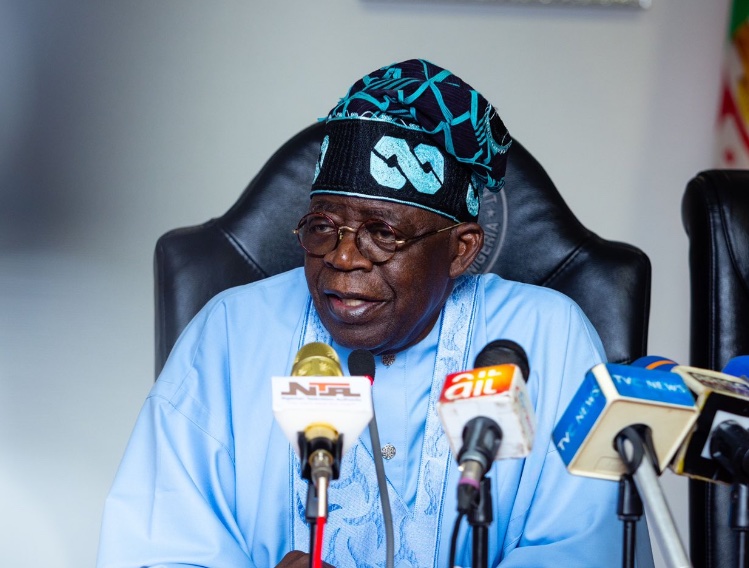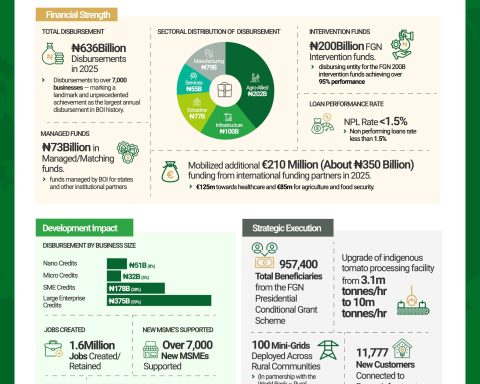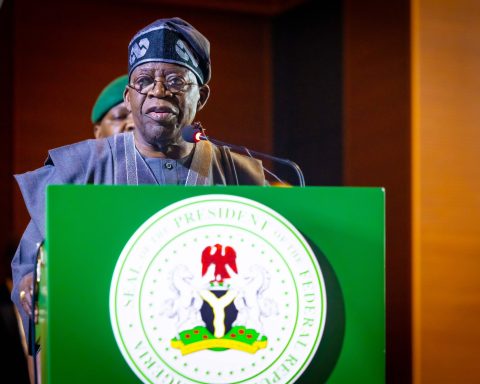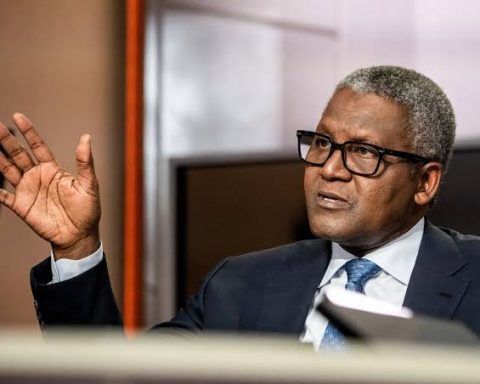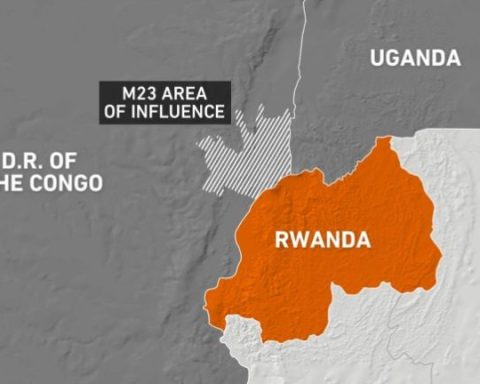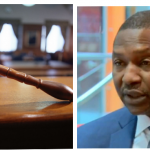Nigeria’s President, Bola Ahmed Tinubu, has said the country’s oil and gas sector is on a recovery trajectory and has attracted over $8 billion in new investments within the last two years.
Tinubu also stated that oil rigs have increased by over 400 per cent in 2025 compared to 2021.
Join our WhatsApp ChannelThe president stated this on Thursday, 29 May as he marks the second anniversary of his administration.
Tinubu said the state of the economy and the general situation of Nigeria that his administration inherited in 2023 required undertaking bold reforms such as fuel subsidy removal and foreign exchange harmonisation to put the country on the pathway to sustainability.
While acknowledging the challenges experienced by the citizen due to his administration’s economic reforms, Tinubu said it was imperative to do so, adding that the reforms have started yielding fruits.
He said the economy has been stabilised and is now better positioned for growth and to withstand global shocks.
“Despite the bump in the cost of living, we have made undeniable progress. Inflation has begun to ease, with rice prices and other staples declining. The oil and gas sector is recovering; rig counts are up by over 400% in 2025 compared to 2021, and over $8 billion in new investments have been committed,” Tinubu stated.
“We have stabilised our economy and are now better positioned for growth and prepared to withstand global shocks.”
The president said there are efforts to ramp up production of crude oil and remain on track with the fiscal targets.
READ ALSO: Tinubu Seeks Unity In West Africa As ECOWAS Turns 50
He said the country’s fiscal deficit has dropped from 5.4 per cent of the GDP in 2023 to 3.0 per cent in 2024. This, according to him, was achieved through improved revenue generation and greater transparency in government finances.
The president revealed that the country recorded over N6 trillion in revenue in the first quarter of this year.
He said his administration has stopped Ways & Means financing, which has been a major contributor to inflation.
On the country’s debt position, Tinubu said it is improving. He noted that while the foreign exchange revaluation pushed the debt-to-GDP ratio to around 53 per cent, the debt service-to-revenue ratio dropped from nearly 100 per cent in 2022 to below 40 per cent by 2024.
“We paid off our IMF obligations and grew our net external reserves by almost 500% from $4 billion in 2023 to over $23 billion by the end of 2024,” Tinubu stated, adding that the reforms led to an increase in state revenue by over N6 trillion in 2024. This, he said, ensures that “subnational governments can reduce their debt burden, meet salaries and pension obligations on a timely basis, and invest more in critical infrastructure and human capital development.”
Tax Reforms
The Nigerian leader further stated that another significant achievement of his administration is tax reform, which, according to him, is already yielding results as the tax-to-GDP ratio rose from 10 per cent to over 13.5 per cent by the end of 2024.
He emphasised that tax policies are geared towards making the system more efficient and growth-oriented, eliminating the burden of multiple taxation, making it easier for small businesses to grow and join the formal economy.
READ ALSO: Tinubu’s Reforms Won’t Achieve Success Overnight – Buhari
“The tax reforms will protect low-income households and support workers by expanding their disposable income. Essential goods and services such as food, education, and healthcare will now attract 0% VAT. Rent, public transportation, and renewable energy will be fully exempted from VAT to reduce household costs further.”
He stated that his administration has ended the era of “wasteful and opaque tax waivers” and introduced targeted and transparent incentives to support high-impact manufacturing, technology, and agriculture sectors.
He said that in the quest to diversify the economy, there has been a significant improvement in solid mineral exploration activities, leading to increased revenue from the sector as investors are setting up processing plants. The sector, according to him, has dumped the old “pit-to-port policy” and embraced a new value-added policy.
The president emphasised that the reforms are designed “to reduce the cost of living, promote economic justice, and build a business-friendly economy that attracts investment and supports every Nigerian. Together, we are creating a system where prosperity is shared, and no one is left behind.”


